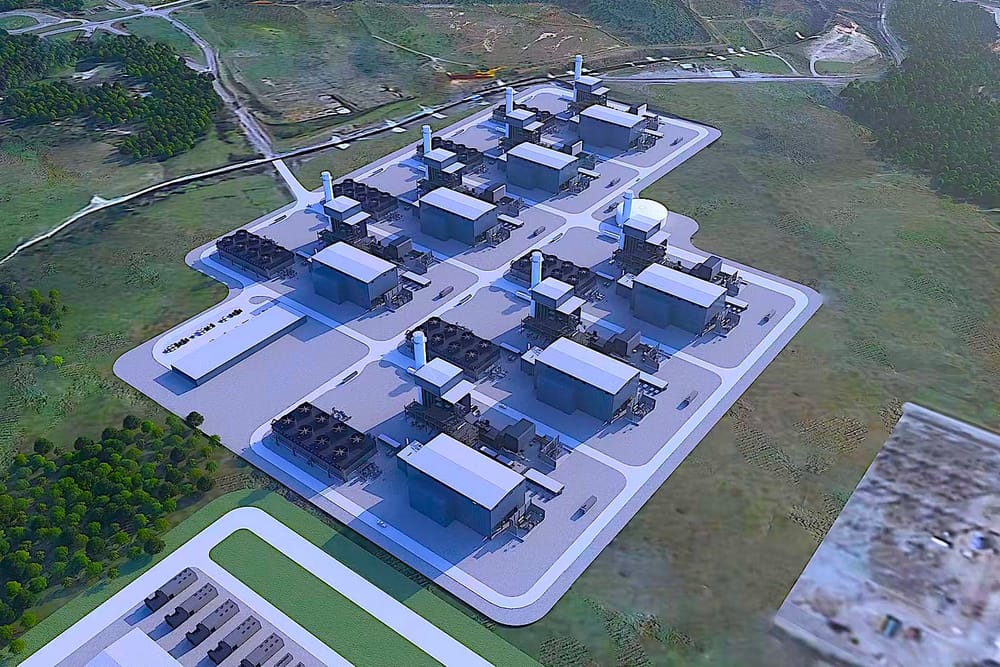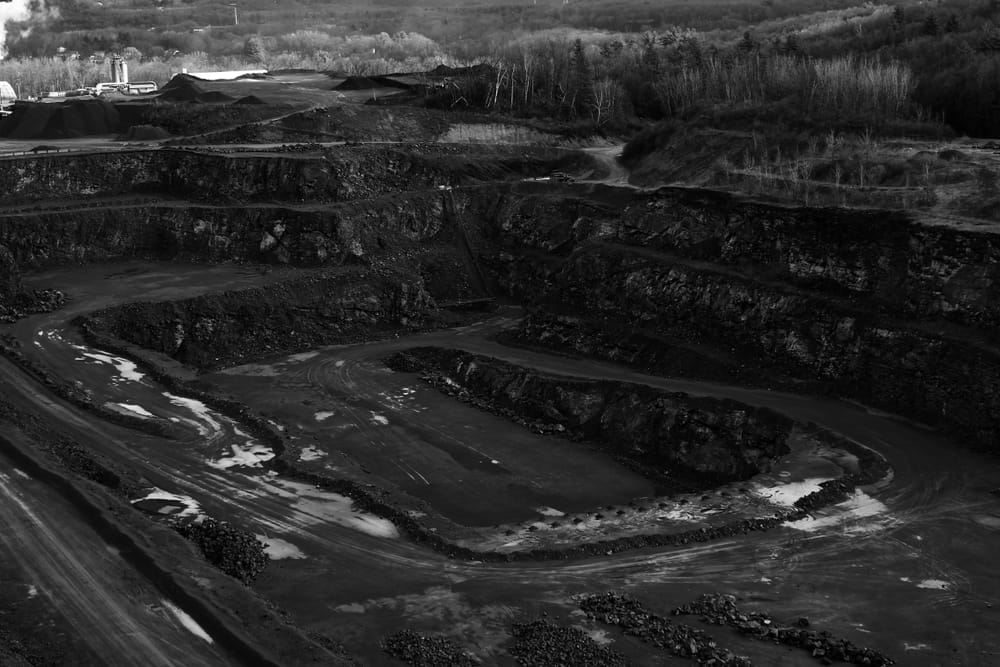Summary:
- 2024 was the hottest year ever recorded, making the past 10 years the hottest 10 on record.
- For the first time, the planet’s temperature exceeded 1.5°C above preindustrial levels—a key threshold in the Paris Agreement.
- Oceans are heating faster than ever, coral reefs are bleaching, and sea levels are rising at double the speed of previous decades.
You know it’s getting bad when even the records are breaking records. According to the World Meteorological Organization (WMO), 2024 wasn’t just hot—it was the hottest year Earth has seen since humans started keeping track nearly 200 years ago. And it capped off a blazing streak: every single one of the last 10 years has been the hottest in recorded history.
Let that sink in. We’ve officially lived through the warmest decade modern humans have ever experienced—and it’s not even close. Last year, the planet’s surface temperature averaged 1.55°C warmer than preindustrial levels, a number that blasts past the Paris Agreement’s 1.5°C “do-not-cross” line. Scientists say one year over the limit doesn’t mean we’ve failed—but it does mean we’re skidding toward the edge at full speed.
The Oceans Are Soaking It All In—And Paying the Price
We tend to talk about climate change in terms of air temperature, but the oceans are doing the heavy lifting—absorbing 90% of the excess heat trapped by greenhouse gases. And the result? Ocean temperatures are now rising faster than ever before. In fact, from 2005 to 2024, our oceans heated up twice as fast as they did from 1960 to 2005. That’s not a warm bath—it’s a simmering stew.
The consequences are everywhere. By early 2024, coral reefs in every major ocean basin had bleached. Sea levels are rising at twice the rate they were 20 years ago, now adding nearly 5 millimeters per year. That might not sound like much, but when it comes to coastlines, islands, and entire marine ecosystems, a few millimeters is the difference between safe ground and permanent flooding.
Greenhouse Gases Are Breaking Their Own Records Too
Carbon dioxide levels in 2024 hit amounts not seen in at least 2 million years. Methane and nitrous oxide are at their highest levels in 800,000 years. Translation? The air we’re breathing in today is *completely unfamiliar to our species.*Modern humans—Homo sapiens—have only been around for 300,000 years. We are now living in an atmosphere we’ve never evolved to handle.
And the main driver is still fossil fuels—gas, oil, and coal—which continue to pump more greenhouse gases into the air every day. The extra heat is fueling stronger storms, longer droughts, more destructive wildfires, and displacement of hundreds of thousands of people each year. This isn’t future climate chaos—it’s right now.
This Isn’t Just a Stat—It’s a Story We’re Still Writing
The WMO’s report is more than just a list of broken temperature records. It’s a **climate status update from Earth itself,**and it’s telling us we’re way off course. But here’s the thing: the 1.5°C threshold isn’t a magic number. It’s a warning sign. And the more years we spend above it, the more damage we lock in—especially for those who’ve contributed the least to the problem.
So what do we do? We pay attention. We cut emissions faster. We push for policies that match the urgency of the science. And we remind each other: this is our home, and we still have the power to protect it. The hottest decade on record shouldn’t just be a headline—it should be our turning point.








